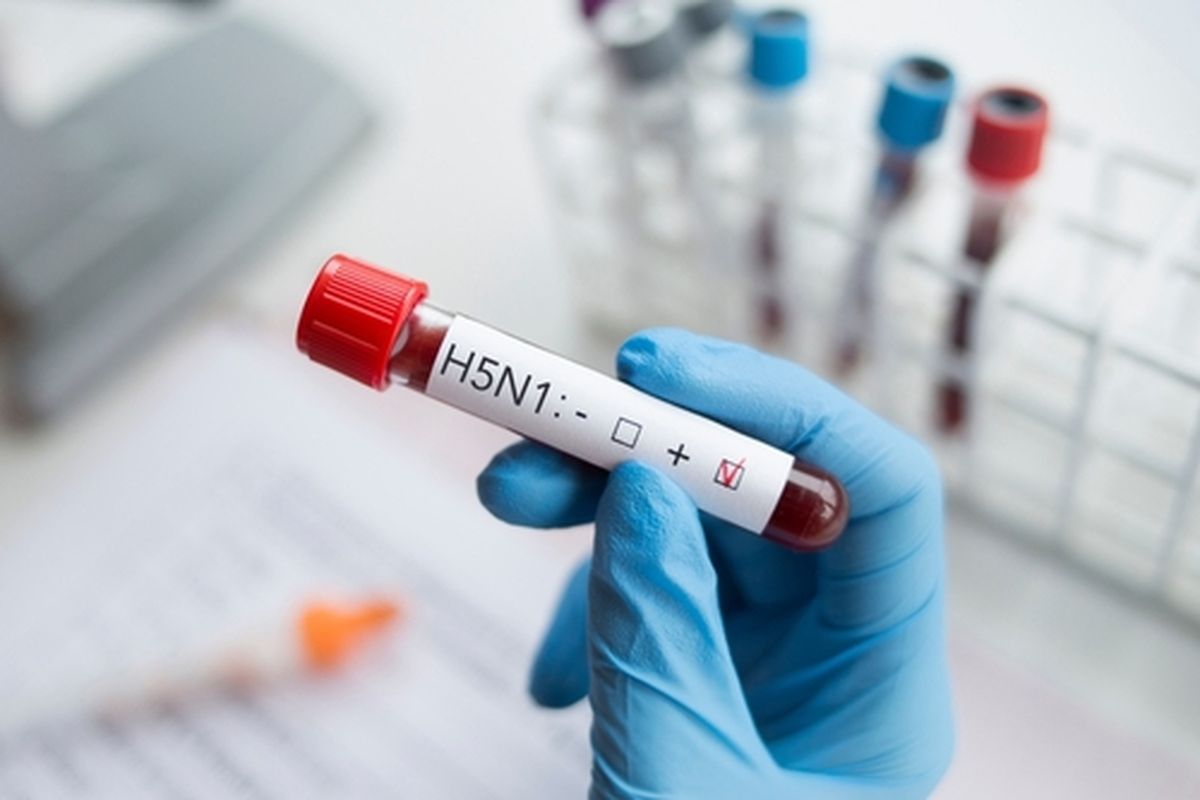Indonesia Cautious on Bird Flu Infection Transmission to Humans

JAKARTA, KOMPAS.com - Indonesia's Ministry of Health is aware of the tendency of the new clade of Avian Flu virus 2.3.4.4b infecting humans following the finding of a case in poultry in a farm in South Kalimantan.
"There are currently no reports of transmission to humans. However, we still have to be vigilant," Health Ministry’s director general of disease prevention and control Maxi Rein Rondonuwu said here on Monday, Feb. 27.
Although the risk of infection in humans is relatively low, Maxi affirmed that the government had increased early warning, given that zoonotic virus mutations are swift and consistent in mammals.
He said the ministry had issued a Director General of Disease Prevention and Control (P2P) Circular Letter No. PV.03.01/C/824/2023 on Precautions of Extraordinary Events for Avian Flu (H5N1) New Clade 2.3.4.4b, which was stipulated on Feb. 24 this year.
Also read: Indonesia, International Partners Work Closely to Fight Against Foot and Mouth Disease
The circular requests provincial, district, and regional health offices and heads of Port Health Offices (KKP) across Indonesia to coordinate and cooperate with relevant agencies to prevent and control bird flu in humans.
Regional administrations are also urged to prepare health facilities for the management of suspected cases of bird flu following established guidelines.
They were also urged to increase the capacity of public health laboratories for the examination of samples of cases with symptoms of suspected bird flu.
"Surveillance activities and the Fast Action Team, especially in detecting epidemiological signals in the field, also need to be improved," he said.
Meanwhile, areas that conduct sentinel surveillance for influenza-like illness (ILI) and Severe Acute Respiratory Infection (SARI) are also urged to increase early awareness of suspected bird flu cases in areas where Avian Influenza Extraordinary Incidents occurred in poultry.
For every suspected case of bird flu, the Community Health Center is requested to immediately report to the district and city health office in less than 24 hours through the Event-Based Surveillance System and the Early Alertness and Response System (SKDR).
Moreover, the Provincial District and City Health Offices are urged to immediately report to the PHEOC Directorate General of P2P in less than 24 hours and coordinate with the agency in charge of the local animal health function.
In a bid to exercise vigilance against the spread of the infection at the country's entry points, Maxi also instructed the KKP to step up supervision of domestic and foreign travelers at seaports, airports, and state land border crossing posts.
"We carry out examinations and handle cases if there are travelers, who show symptoms of ILI according to the applicable guidelines," he said.
"We also disseminate information and conduct cross-sectoral coordination in the KKP work area," he added.































